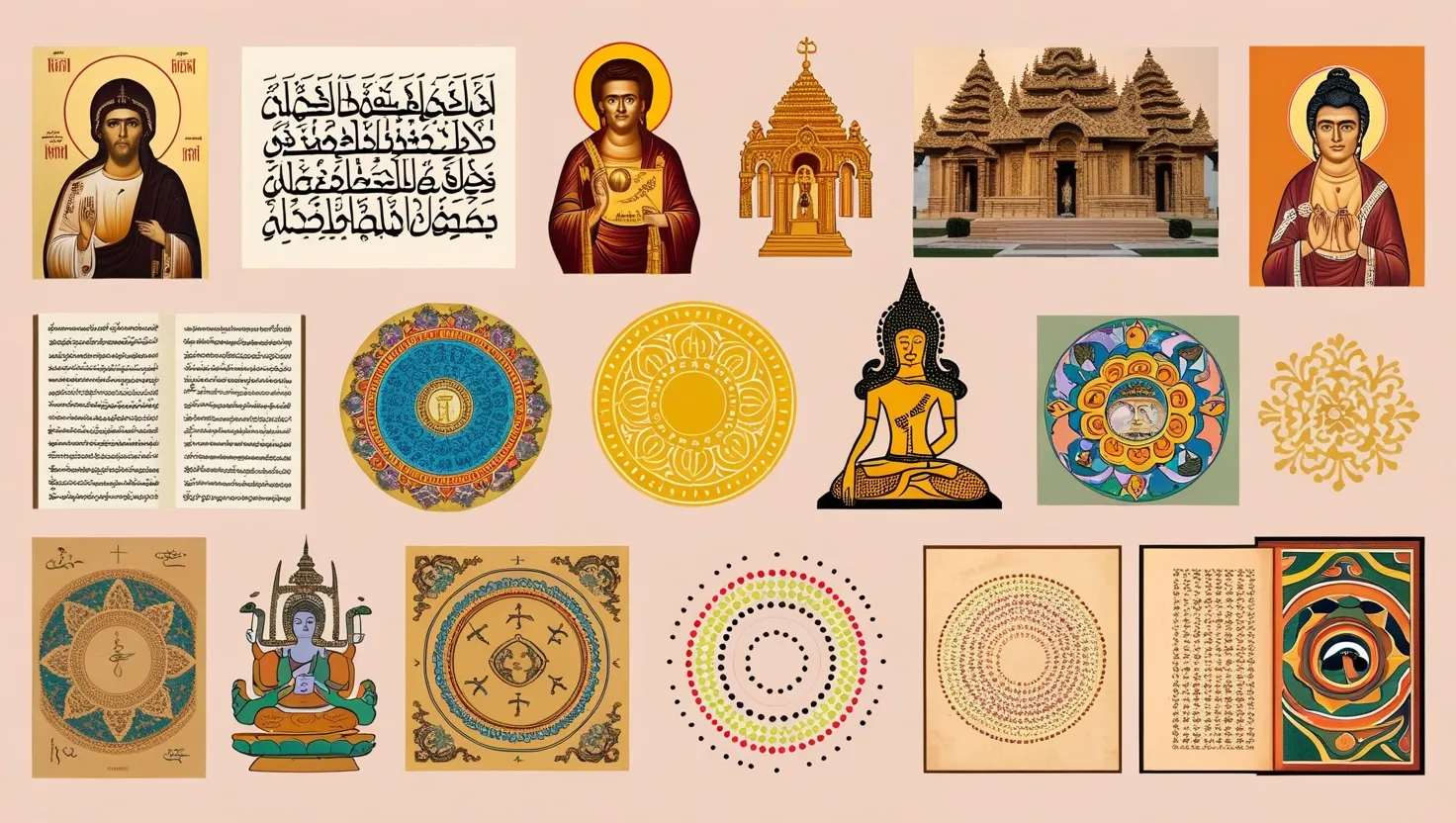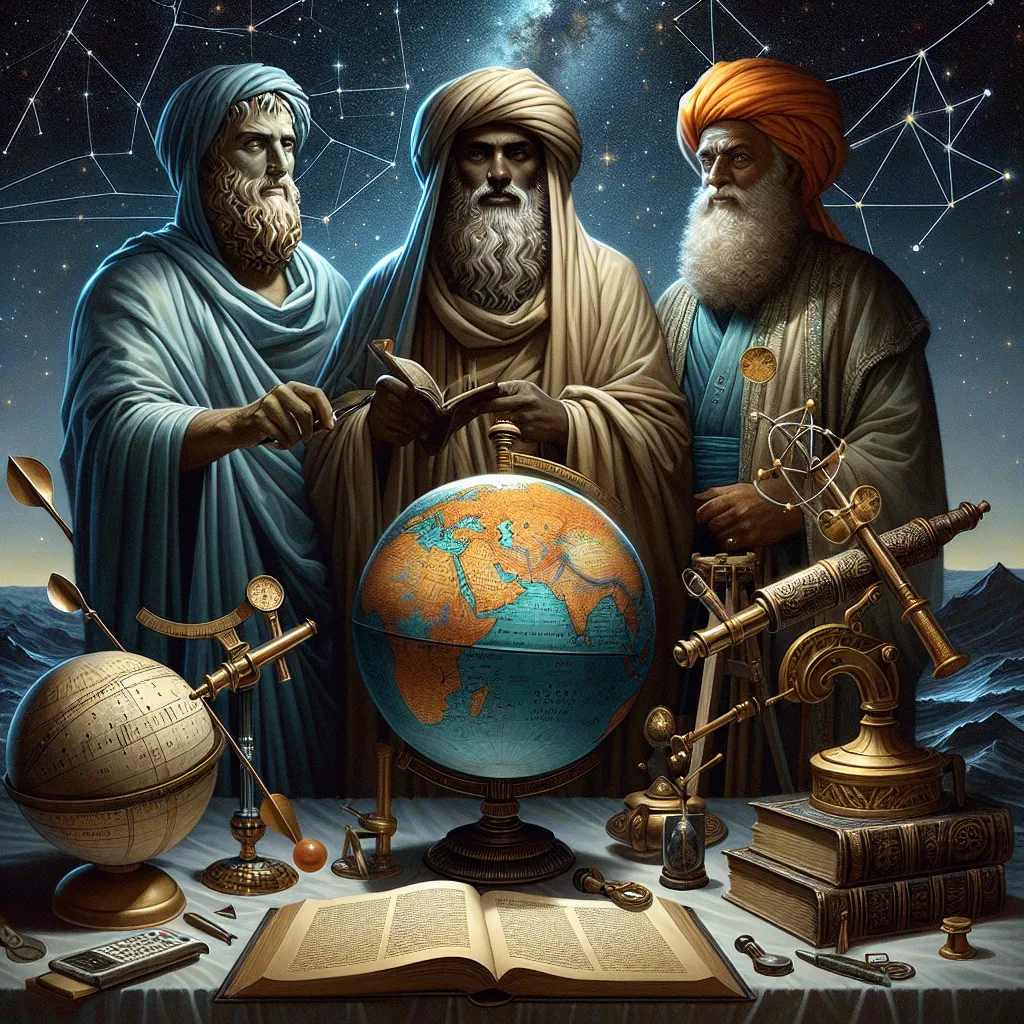Sin has been a hot topic in religious debates for ages. It’s generally seen as doing something morally wrong or breaking religious rules. Let’s take a look at how different religions think about sin and what that means for folks who believe in them.
In Christianity, sin is all about going against God’s will on purpose. It’s seen as a big “no” to God’s commandments and is often linked to human pride and selfishness. Christians believe that Jesus came to fix this whole mess. Thanks to Him, people can get past their sinful ways and start fresh.
Christianity breaks sin down into two main types: “actual” and “original” sin. Actual sin covers bad thoughts, words, and actions. Original sin, on the other hand, is like a bad trait that’s passed down from the very first humans. Think of it like a family curse affecting everyone.
Then there’s a deeper layer to actual sin, split into mortal and venial sins. Mortal sins are the big, serious offenses that break your connection with God until you say you’re sorry. Venial sins are the smaller slips that don’t totally cut you off from God but still throw a wrench in your spiritual life.
Judaism also ties sin to breaking God’s rules. Sinful acts are seen as saying “no, thanks” to God. For Jews, sin is about defying what God wants. Christianity and Judaism both agree that the world isn’t bad by itself. Evil comes from the bad choices people make with their free will.
The ancient Greeks saw sin in a different light. To them, it was about failing to be your true self and keeping your balance with the universe. They thought ignorance, not evil intent, was often to blame. This view underscores how important knowledge is in avoiding sin.
Sin is a concept that has popped up everywhere, not just in these religions. Many cultures have their own spin on it, often tying it to breaking taboos or moral codes. Some even talk about a collective sin that affects everyone, back to a mythical “Fall of Man.”
In Islam, sin means going against Allah’s will. Muslims believe that you can get forgiveness through repentance and doing good things. The Quran talks a lot about asking for forgiveness and making things right.
Buddhism looks at sin through the lens of actions that cause suffering. Karma is a big deal here, where bad actions lead to negative outcomes in this life or the next. The goal is enlightenment, which means avoiding harmful actions and building up good karma.
Hinduism has a complex view of sin too, calling it “papa.” It’s about breaking the rules of righteous living, or dharma. Karma plays a key role here as well, with bad actions bringing bad consequences. Redemption is possible through rituals, prayers, and good deeds.
Across many religions, sin is wrapped up with moral standards and belief in a higher power. It’s a way to guide how folks behave and remind them of the impact of their actions. Looking at sin through different religious lenses can help us understand the wide array of human beliefs and values.
Each religion’s take on sin reflects its cultural and historical settings. Whether it’s about going against divine will, missing your true potential, or causing suffering, sin is a big deal in religious conversations. It pushes people to think about what they do and aim for moral excellence.
So, sin is a complicated idea that varies a lot across religions. It’s a powerful tool for understanding human nature, moral principles, and the search for redemption and enlightenment.






